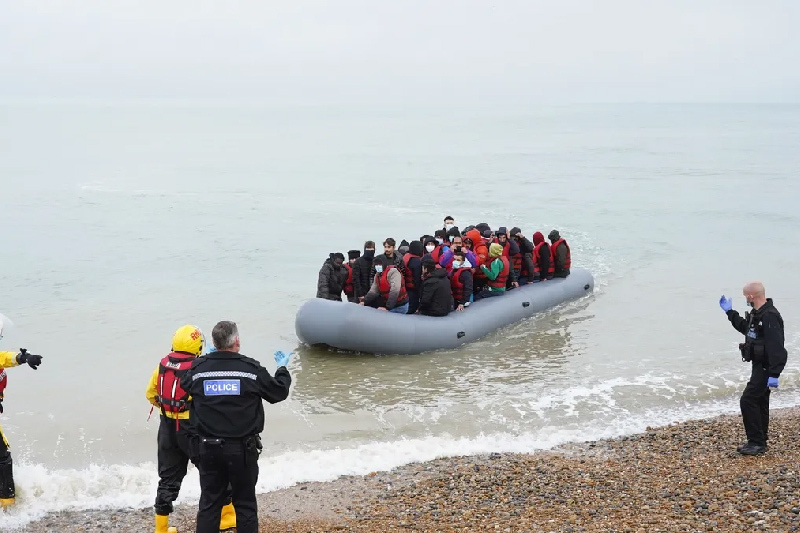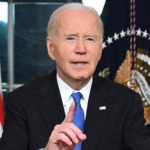
The United Kingdom has taken a critical step in its endeavors to handle unlawful movement by manufacturing a modern organization with the European Union’s border office
The UK has inked a recent agreement with the EU’s border agency to strengthen cooperation in halting small boat crossings.
The United Kingdom has taken a critical step in its endeavors to handle unlawful movement by manufacturing a modern organization with the European Union’s border office, Frontex. This collaboration points to heighten joint endeavors in hindering little vessel intersections over the English Channel, a course that has seen a critical convergence of transients endeavoring to reach UK shores. By joining up with Frontex, the UK trusts to fortify its border security measures and improve its capacity to combat illicit movement viably.
Tending to the Challenge of Small Boat Crossings
The surge in little pontoon intersections has posed a noteworthy challenge for the UK specialists in later a long time. In spite of a 30% decrease in intersections compared to the past year, the entire number of transients making the unsafe travel remains alarmingly rising. This drift underscores the pressing need for strong measures to discourage illicit intersections and guarantee the security of both vagrants and nearby communities. The organization with Frontex speaks to a key reaction to this challenge, signaling a facilitated and concerted exertion to address the root causes of unpredictable relocation.
Key Components of the Ascension
The understanding with Frontex envelops a few basic components pointed at upgrading border security and preventing unlawful intersections. One key viewpoint of the organization is the usage of joint preparing programs for border organizations from both the UK and EU member states. These programs will give faculty with specialized preparation and skill in identifying and capturing attempted little vessels endeavoring to cross the English Channel. Moreover, the understanding emphasizes collaborative endeavors in creating and actualizing progressed advances to support border reconnaissance and discovery capabilities.
Another imperative component of the organization is the arrangement of work force on both sides of the English Channel to encourage facilitated border authorization measures. This incorporates the sharing of insights and operational data to recognize and disturb organized migration wrongdoing systems included in individuals smuggling and human trafficking. By pooling assets and ability, the UK and Frontex point to improve their capacity to reply successfully to the advancing challenges postured by unpredictable relocation.
Challenges and Future Prospects
Whereas the organization with Frontex speaks to a critical step forward in tending to the issue of little watercraft intersections, challenges stay. Concerns have been raised with respect to the nonappearance of a returned understanding within the bargain, which neglects a vital angle of the movement issue. A return understanding would give a lawful system for the repatriation of vagrants who have crossed into the UK wrongfully, subsequently discouraging and assisting unpredictable movement endeavors.
Additionally, vulnerabilities surrounding the UK’s access to the Eurodac database, which stores the fingerprints of refugee searchers and transients entering European nations, emphasize the complexities included in encouraging returns and guaranteeing successful border administration. In spite of these challenges, the UK government remains committed to its objective of controlling illicit movement and shielding its borders through improved participation with universal accomplices like Frontex.







